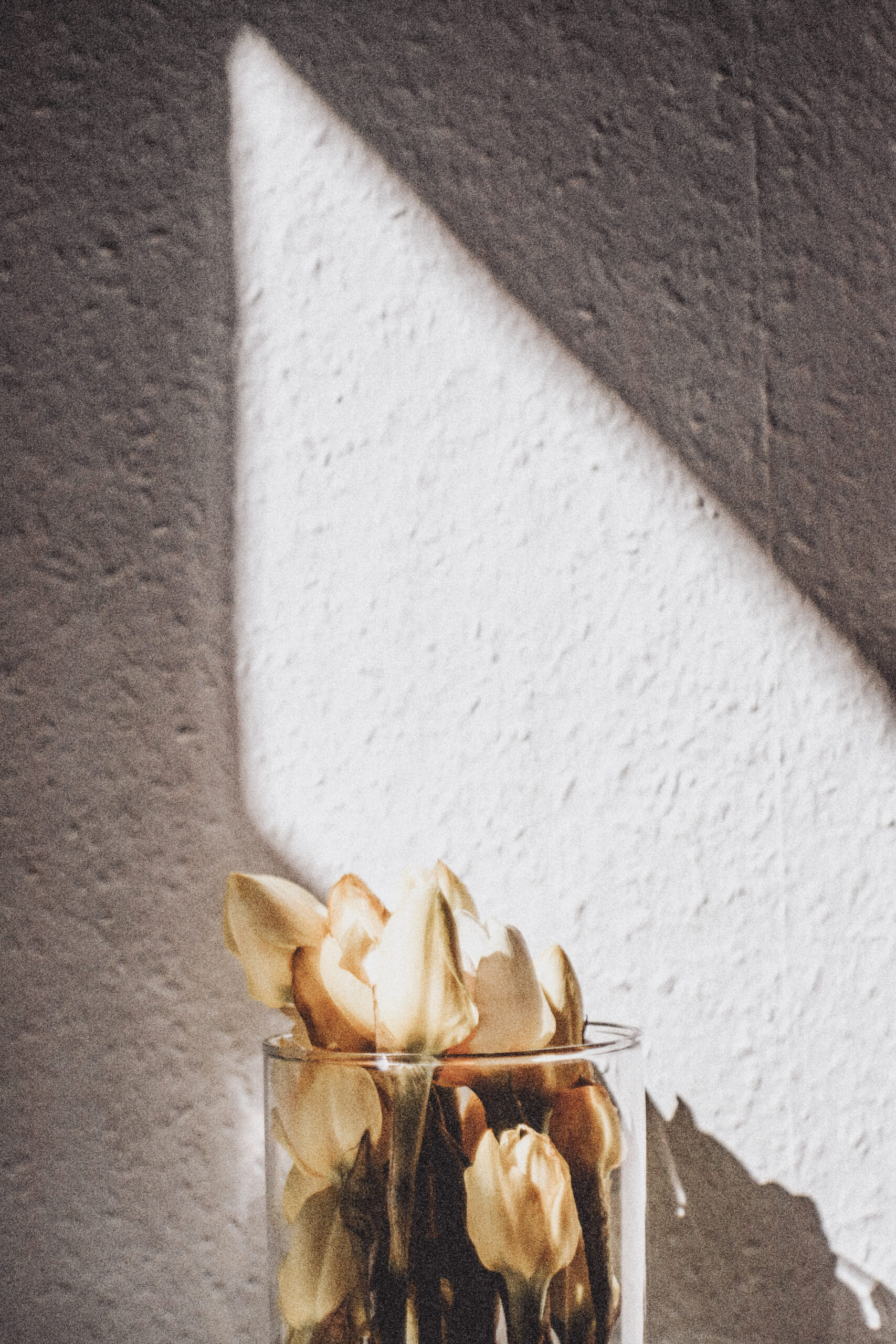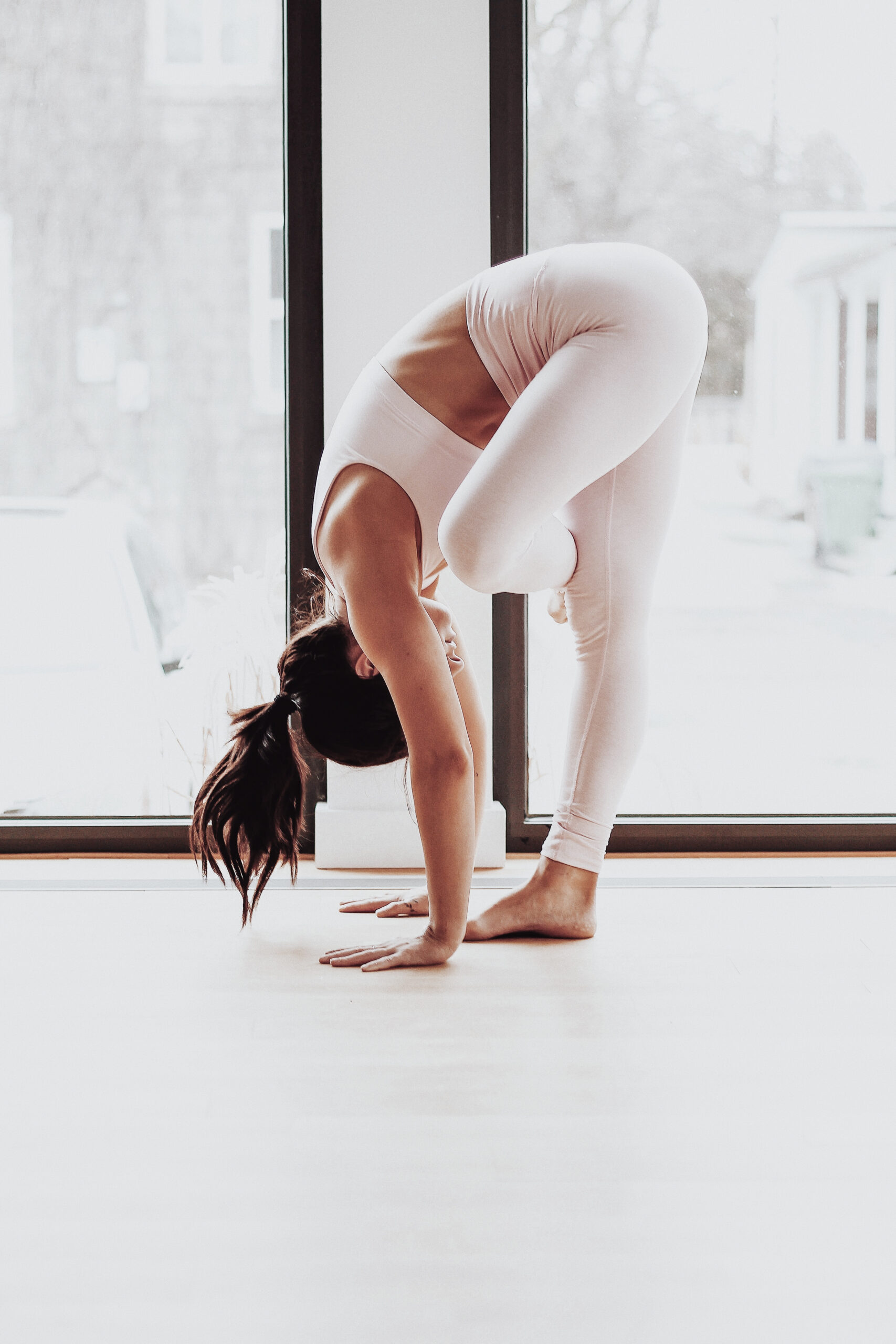
Coffee & Anxiety: What You Need to Know
If you are like most of our patients that walk in the door you may have a mild addiction to coffee.
A lot of us ponder the idea of quitting coffee as it can make us feel ‘a bit off’ or anxious but it’s often a fleeting thought that creeps up from time to time and passes just as quickly.
However in an age where anxiety is on the rise, do we need to start considering coffees effect before we order our next double shot almond 3/4 latte?
Here we have outlined what we know about coffee and its effects on anxiety.
How does coffee affect our mood?
Coffee contains caffeine which exerts it’s effect on our central nervous system, acting as a stimulant it temporarily increases a sense of wakefulness and alertness.
However caffeine can cause an overstimulating effect when taken during a stressful time, at the wrong time of day and if we are predisposed to generalised anxiety. Symptoms then move from positive to negative pretty quick and may include:
– Agitation
– Restlessness
– Irritation
– Anxiety
– Lack of concentration
– Poor sleep onset
– Sweating palms
– Racing heart beat
– Insomnia
– Bloating
– Increased bowel frequency
Did you know: A regular cup of coffee contains anywhere between 50-200mg of caffeine?
Are there other reasons why coffee makes us anxious?
Number one and the most obvious answer is because it contains caffeine. However, this does not explain why there is individual variation in our response to coffee.
There are also a number of debated reasons ranging from our stress levels at the time of consumption, if food is taken with coffee, to our gut microbiomes’ health and function.
However the main for this individual variation (you are experiencing crazy anxiety after a sip of coffee and your best friend is calm as a cucumber) relates to our bodies (in)ability to appropriately excrete the caffeine after consumption.
Half-life of coffee
In an average coffee drinker, the half-life of the caffeine is 5-6 hours, however, this can increase to up to 20 hours in different subgroups. (Caffeine half-life increases up to 11.5–18 hours toward the end of pregnancy – so expecting mothers hold back on that second cup!)
So if you are not metabolising coffee well and have 2 per day, you could have caffeine running through your veins 24/7! This can cause generalised anxiety or may cause existing generalised anxiety to become worse.
If this is your picture, you may not pick up the connection between anxiety and coffee though because the caffeine is always in your system and you don’t know any different to feeling that way. Stop it for a week and you may notice considerable improvements to your mental health.
How is coffee metabolized?
We talk about half-life but what does that really mean?
Caffeine once ingested is metabolised and cleared through our liver by cytochrome P450 enzymes. The clearance rate or half life varies considerably from person to person and depends on age, sex, hormones, liver disease, obesity, smoking diet, medication and most importantly our genes.
Liver processing of caffeine by cytochrome P450 is responsible for up to 90% of clearance. Here is where it gets interesting…
If you have a polymorphism for the gene CYP1A2 guess what, your metabolism of caffeine will be hindered. You have a slower half life and therefore probably feeling that little bit more anxious with your morning cuppa if you are a regular consumer.
So you may be out there having the same amount of coffee as your best friend but reacting to it completely differently. You’ve probably heard of those who say, I even smell coffee and I don’t sleep, this is probably due to their genes.
To determine your caffeine half life you can delve into your genetics and complete a DNA test which we offer in the studio, however it’s not the only way to determine the relationship you have week coffee & its effects on your anxiety.
How much is too much?
In clinic, I recommend all patients have a week off coffee and see how they respond eg. improved sleep, less anxiety, less agitation, improved concentration, improved digestive function? Or no change and you just feel a little more tired? It’s not until we test our body off coffee that we know our reaction to coffee.
After a period of time without we then encourage you to slowly introduce it again to find that ‘sweet spot’ of coffee consumption that does not cause a negative response.
Our recommendations
Know and understand your relationship with coffee, test your relationship by having a break for a while. Once you know your sweet spot don’t abuse it, have a couple of substitutes under your belt so to give your body a rest here and there and to mix it up.
We love Matcha green tea latte’s (contains L-theanine which Jax writes about here), chai (low caffeine), our very own She Glows tea and dandelion tea as substitutes here and there.
If you are unable to tolerate coffee or caffeine at all, herbal teas both iced and hot are a great option, check out our Halsa Health tea range here.
Author
Jennifer Ward, Adv dip Nat, BCom Econ, Masters Repro Med (studying)
Jennifer is a qualified naturopath with a focus on fertility, pregnancy, hormonal imbalances.
Learn more about Jennifer here
Book a session with Jennifer here
To learn more about coffee, anxiety, or for speaking enquires on this topic get in touch at [email protected]





